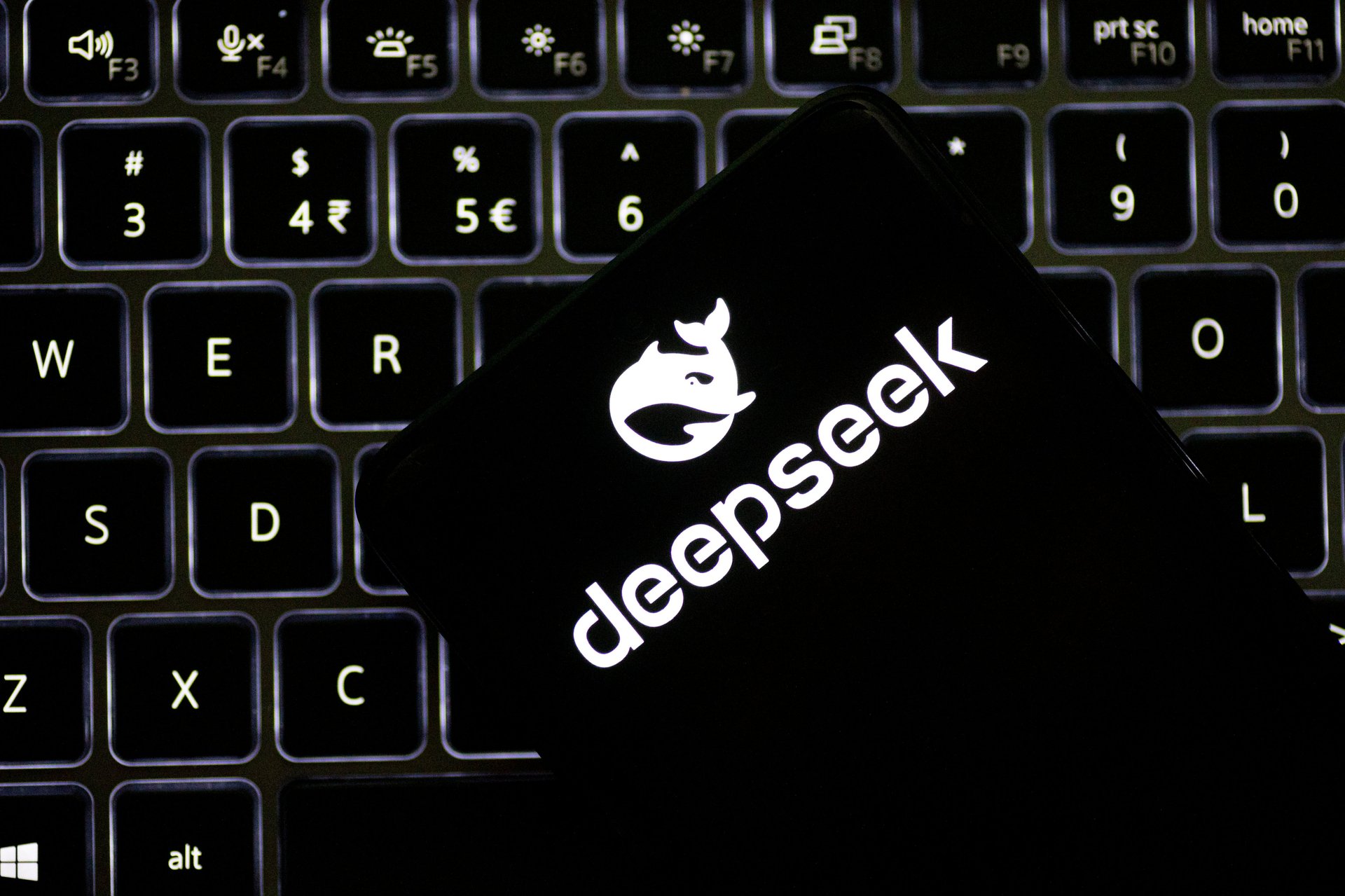Chinese startup DeepSeek rattles tech markets with AI breakthroughs
DeepSeek's advanced AI models outpace U.S. firms in efficiency, affecting stock performance and investor sentiment

This story incorporates reporting from The Verge, The Conversation, Seeking Alpha, Forbes and Benzinga.com.
Suggested Reading
The company’s recent product, the R1 — a reasoning model — has garnered considerable attention from researchers and investors alike. Released last week, the R1 model is notable for its efficiency and competitiveness with leading AI models from the U.S., according to Alexandr Wang, CEO of Scale AI. The model reportedly matches the performance of OpenAI’s o1 model on certain benchmarks, despite being developed at a fraction of the cost. With its R1 model, DeepSeek managed the final training run for an estimated $5.6 million, a stark contrast to typical expenditure patterns in the sector.
Related Content
DeepSeek’s dual focus on efficiency and performance has unsettled investors and affected tech stock valuations. A global selloff in technology stocks followed the R1's debut, illustrating the startup’s potential to influence market dynamics profoundly. Shares of Super Micro Computer Inc., a notable player in AI server manufacturing, dropped more than 10% in premarket trading, raising concerns about the company’s future in an increasingly competitive market shaped by DeepSeek’s advancements.
DeepSeek’s strategic advantage lies in its models’ ability to run on personal devices like laptops and smartphones, eliminating the need for cloud-based subscriptions. This shift presents both opportunities and challenges for the wider AI landscape, suggesting a potential decentralization of AI applications—a prospect that could democratize access and foster further innovation in the sector.
The success of DeepSeek’s models has raised broader questions about the future of AI dominance. As policymakers and industry leaders grapple with the implications of accelerating AI capabilities, regulatory environments and competitive dynamics are likely to evolve. DeepSeek’s ascension coincides with ongoing debates in the international community about AI ethics, data privacy, and national security, potentially complicating collaborations and supply chains.
In response to DeepSeek’s release, U.S. firms may need to reevaluate their strategies to maintain a competitive edge. The Chinese startup’s ability to develop high-performing models at lower costs could pressure companies to streamline their development processes and reconsider their pricing strategies.
As DeepSeek cements its position as a formidable competitor in the AI space, its impact on global technology stocks and investor confidence continues to unfold. The startup’s blend of innovation and cost efficiency underscores a transformative period for the industry, signifying a shift in the balance of power in AI technology. Investors and industry stakeholders will need to closely monitor DeepSeek’s trajectory, assessing both its immediate influence on markets and its longer-term implications for the future of artificial intelligence.
Quartz Intelligence Newsroom uses generative artificial intelligence to report on business trends. This is the first phase of an experimental new version of reporting. While we strive for accuracy and timeliness, due to the experimental nature of this technology we cannot guarantee that we’ll always be successful in that regard. If you see errors in this article, please let us know at [email protected].